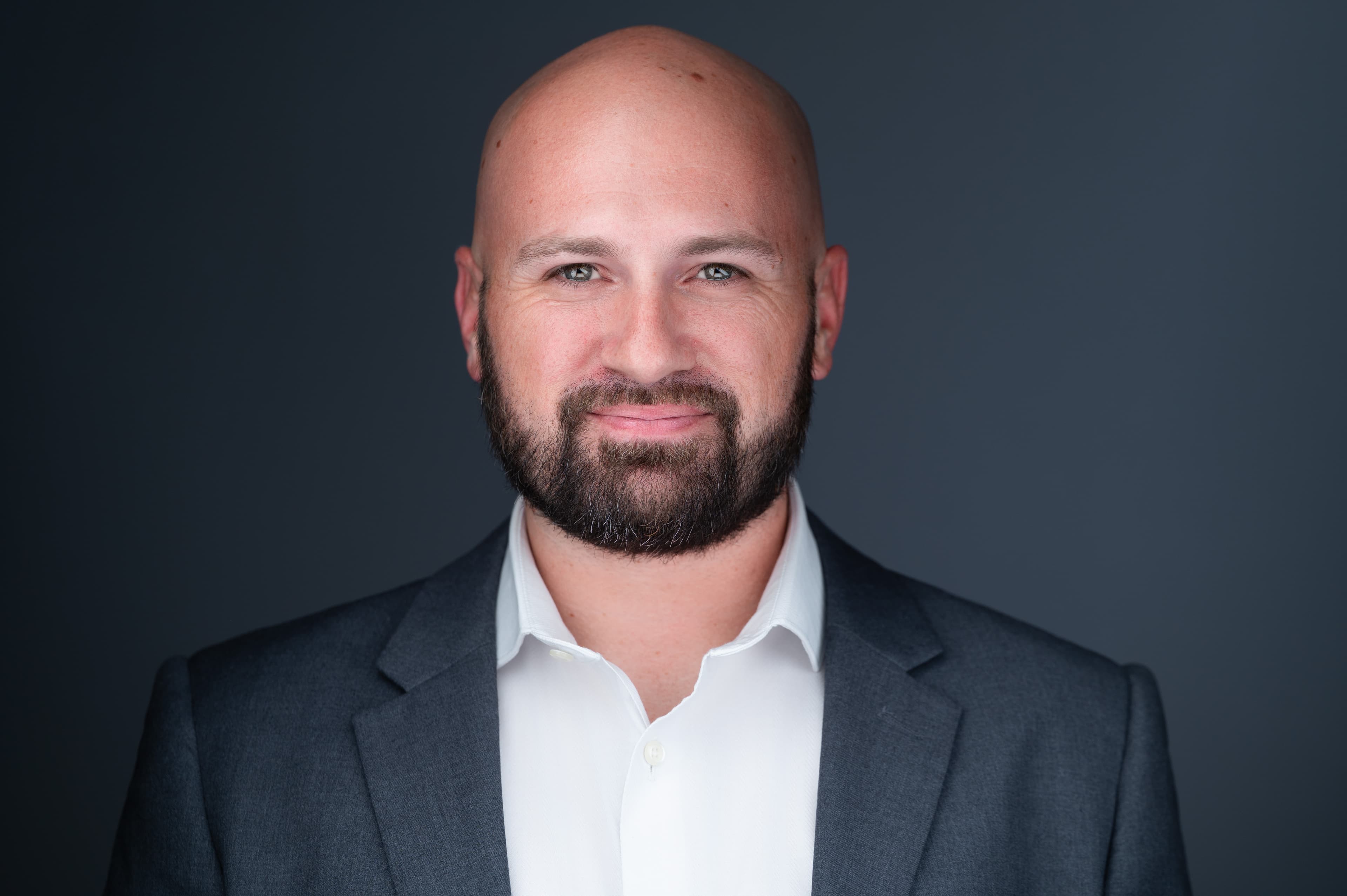Protect What
Matters Most
Trusted Insurance Brokers provides comprehensive insurance solutions tailored to your unique needs. From personal coverage to complex commercial policies, we've got you covered.
Insurance Made Simple
With our experience and use of modern technology to deliver personalized insurance solutions.
Expert Guidance
Our licensed professionals provide personalized advice to help you make informed decisions about your coverage.
Competitive Rates
We work with 50+ top-rated carriers to ensure you get the best coverage at the most competitive prices.
Personalized Service
No two clients face the same risks, which is why every relationship we build starts with understanding your unique situation.

Insurance doesn't have to be complicated. With us, it isn't.
Insurance made simple — the way it should be. At Trusted Insurance Brokers, we know how overwhelming insurance can feel. Between all the confusing insurance terminology, exclusions and endless coverage options, it's easy to get lost. Our job is to make it clear and simplistic. We take the time to walk you through what your premium dollars actually do for you, so you can make confident and informed decisions. With years of experience and our commitment to continuously educating ourselves, you can trust that your coverage is built on expertise from day one.
Insurance is never just about price, but we're really good at saving money.
There is A LOT that goes into determining insurance rates and it should be no surprise that rate increases are part of the game. However, sometimes in order to truly help our customers fight against those rate increases or just high rate, in general, we have to look deeper than simply which coverage limits are chosen. That's why our mission goes beyond quoting — we aim to help individuals and business owners find smarter, long-term solutions to protect what matters most, while putting real dollars back in their pockets.
If you live in the state of Florida
As an independent agency, we don't answer to any one insurance company. We shop the market on your behalf, comparing multiple options to negotiate the right fit in both coverage and price. The problem is, most policies include exclusions and conditions that aren't always obvious. We take the time to help you understand exactly how your coverage works — and if you ever need to file a claim, we'll guide you through every step of the process. With Trusted Insurance Brokers, you never have to haggle or settle — we handle that for you.